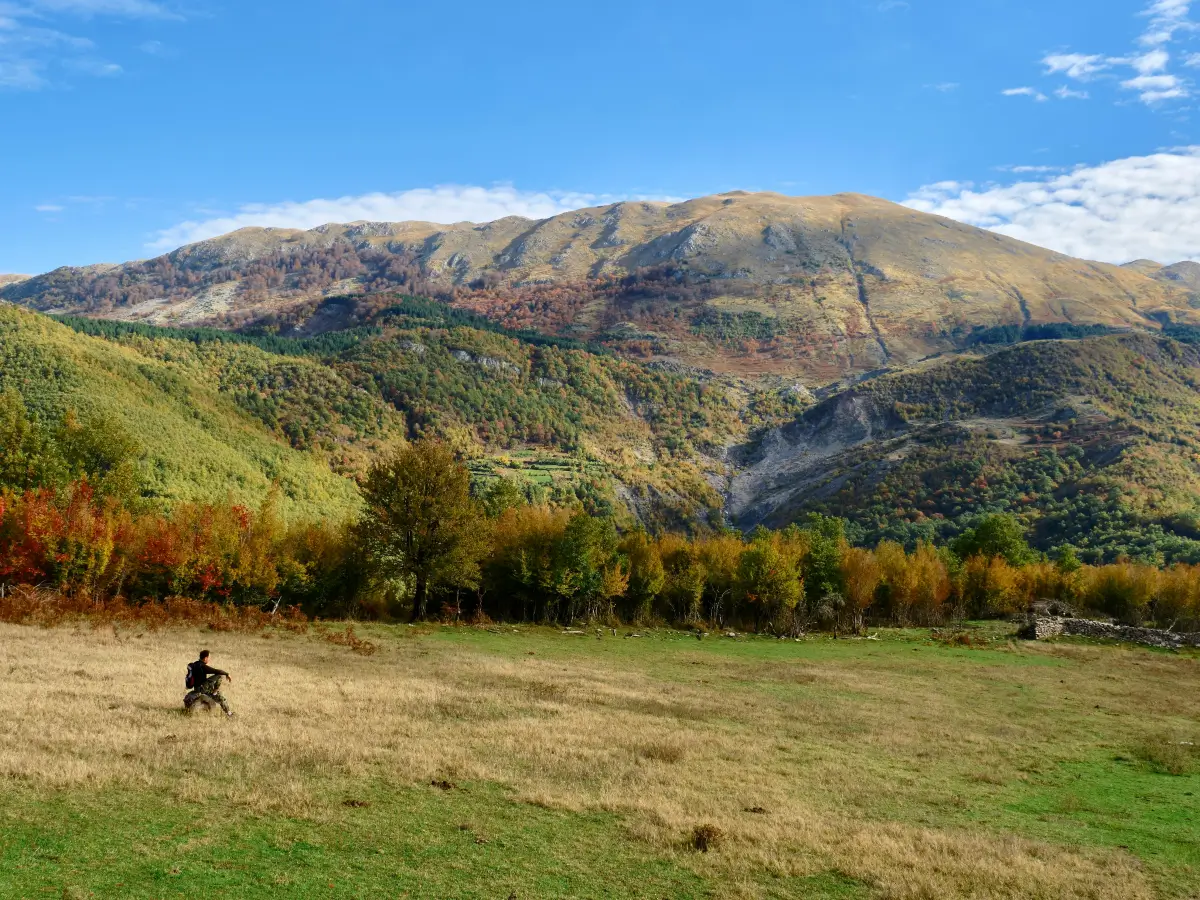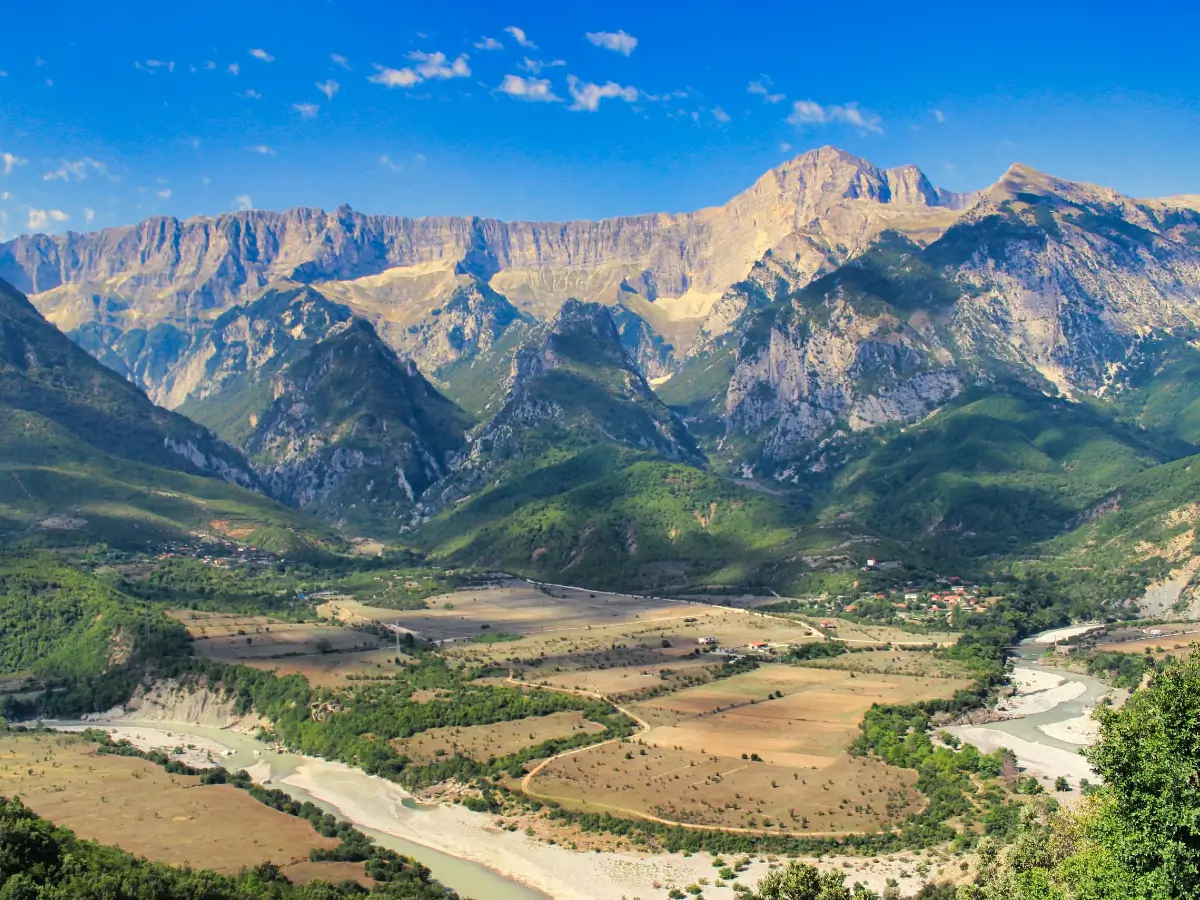Buying agricultural land in Albania can seem like an attractive low-cost option for future development. However, converting it into legally buildable land is not simple. Albanian law treats agricultural land as a protected resource, and strict rules apply when changing its status for construction purposes. Whether you’re planning a private residence, a tourism project, or a commercial development, understanding the conversion process is essential before purchasing or building on agricultural land.

Agricultural land cannot be used for construction without conversion
In Albania, all land is classified under a zoning system that defines its legal use. Agricultural land is designated for farming, livestock, or rural activities. If you attempt to build on this land without converting its status, the structure is considered illegal and may be subject to demolition, fines, or refusal of registration in the Cadastre.
Even if the land is located near a city or has road access, the zoning classification must be officially changed before any construction permit can be issued. This applies equally to Albanian citizens and foreign investors.
Identify the land’s current status before buying
The first step is to confirm whether the land is truly zoned for agricultural use and whether conversion is possible. This can be verified through:
-
The current land certificate from the State Cadastre Agency (ASHK)
-
The general local development plan (Plan i Përgjithshëm Vendor) from the municipality
-
A site verification by a licensed surveyor or local planning office
Some agricultural plots are located inside expansion zones or areas marked for future urban development. In these cases, conversion is easier and often already anticipated by the municipality. Other plots may fall into protected rural zones where development is restricted or forbidden.
Submit a request for zoning change to the local municipality
To begin the conversion process, you must submit a formal request to the local municipal council or urban planning department.

The request should include:
-
Proof of property ownership
-
A topographic map of the parcel
-
A project concept or intended use
-
Legal identification documents
The municipality will review whether the land falls within a zone that allows for reclassification. If approved, they will issue a zoning decision that changes the land’s legal designation from agricultural to residential, commercial, or mixed-use, depending on your request.
Approval depends on the local urban plan
Each municipality has its own long-term development plan, which outlines where and how land may be converted for construction. These plans are designed to control urban growth, protect farmland, and regulate infrastructure needs.
If your land is located within a designated expansion area, conversion is more likely to be approved. However, if the land falls outside the yellow line (urban boundary), the municipality may reject the request or refer it to national authorities. In protected zones or national parks, conversion is not allowed under any circumstances.
Pay the land conversion fee
Once the zoning change is approved, you will be required to pay a land conversion fee to the municipality. This fee is calculated based on surface area, location, and intended use. Rates may vary depending on the zone and type of construction.
This fee is separate from infrastructure taxes and building permit costs. Payment must be completed before moving to the construction phase.
Register the new status with the Cadastre
After paying the conversion fee and receiving the official zoning decision, the new status must be registered with the State Cadastre Agency. This step updates the property’s legal use in the national property registry and allows you to begin applying for a building permit.
If this step is skipped, the land is still classified as agricultural in official records, and no permit will be granted, even if the municipality has approved your request.

Work with a local expert to manage delays and documentation
Converting agricultural land can take several months and often requires follow-up, legal clarification, or additional documentation. A licensed architect, legal consultant, or urban planner familiar with the municipality’s internal procedures can help speed up the process and prevent errors.
Many conversion delays happen due to missing documents, unclear land titles, or unpaid past obligations. Proper preparation and communication with local offices are essential.
Consider long-term limitations before buying
Even if conversion is possible, you should consider whether the surrounding area has access to infrastructure such as roads, electricity, and sewage. Zoning approval does not guarantee utility access or construction readiness. Some converted plots remain undeveloped for years due to lack of services.
Always evaluate the total development potential, not just the price or location. In some cases, it may be more cost-effective to purchase already-zoned land than to take on the risks and time involved in converting agricultural property.